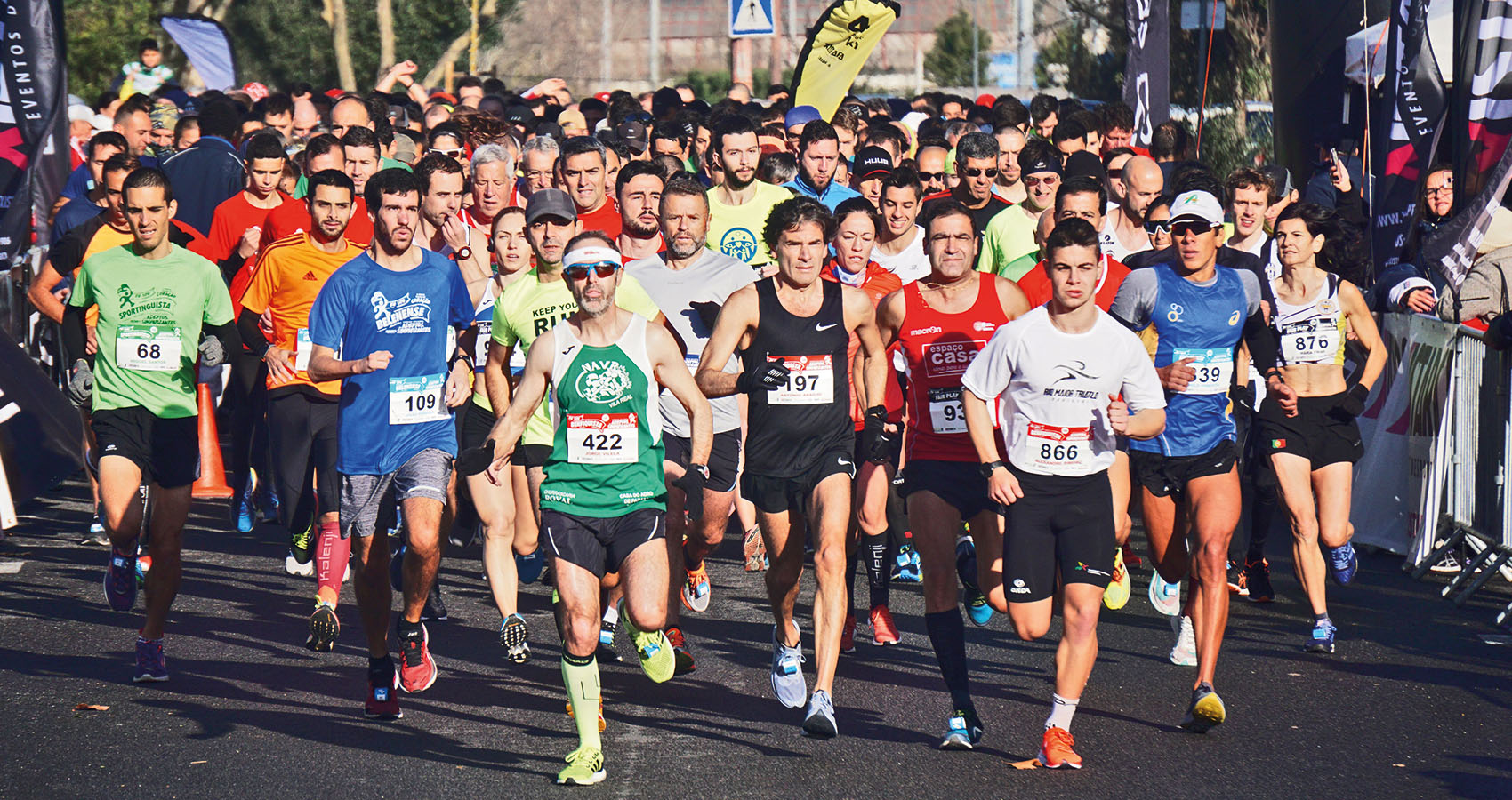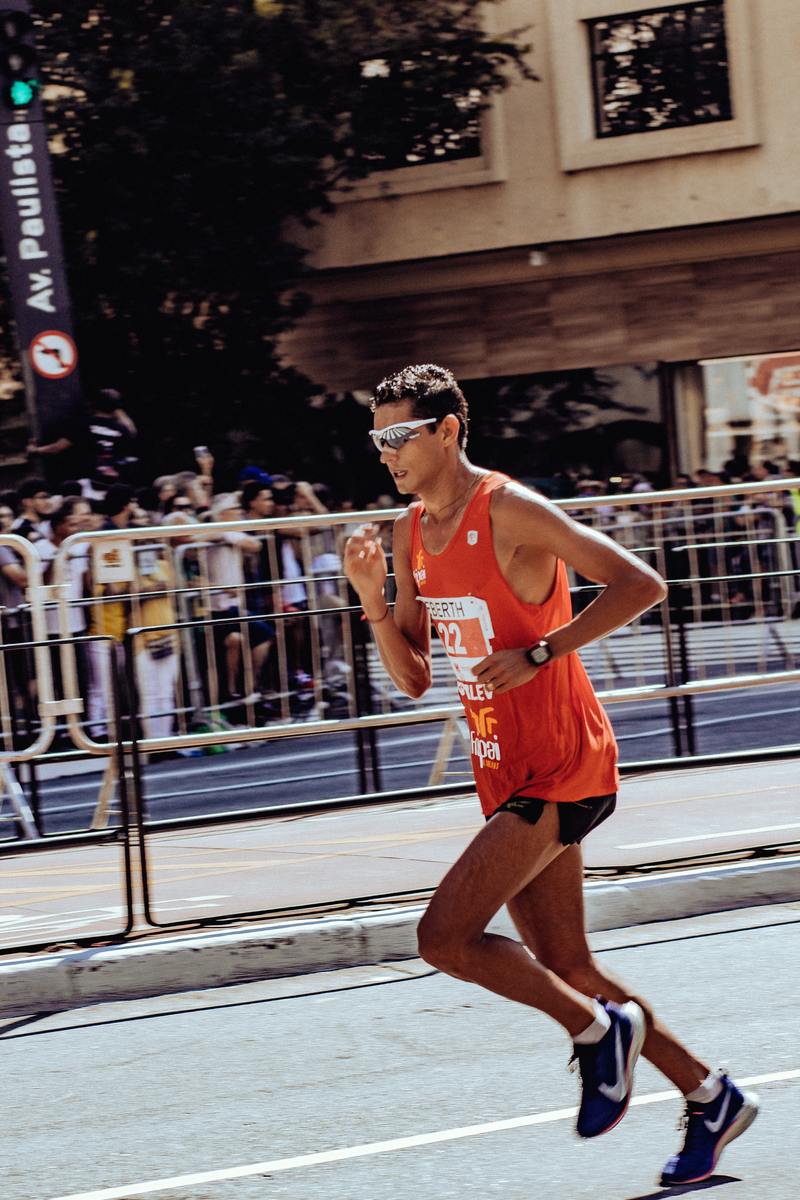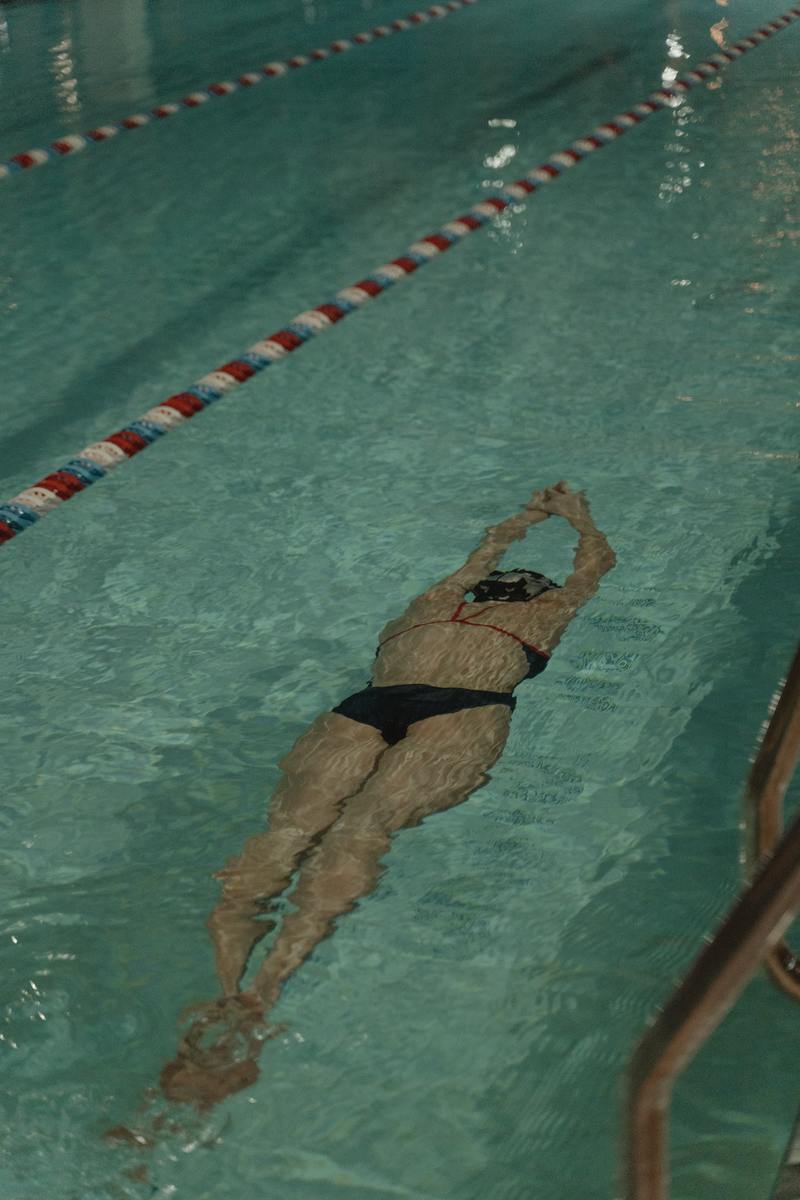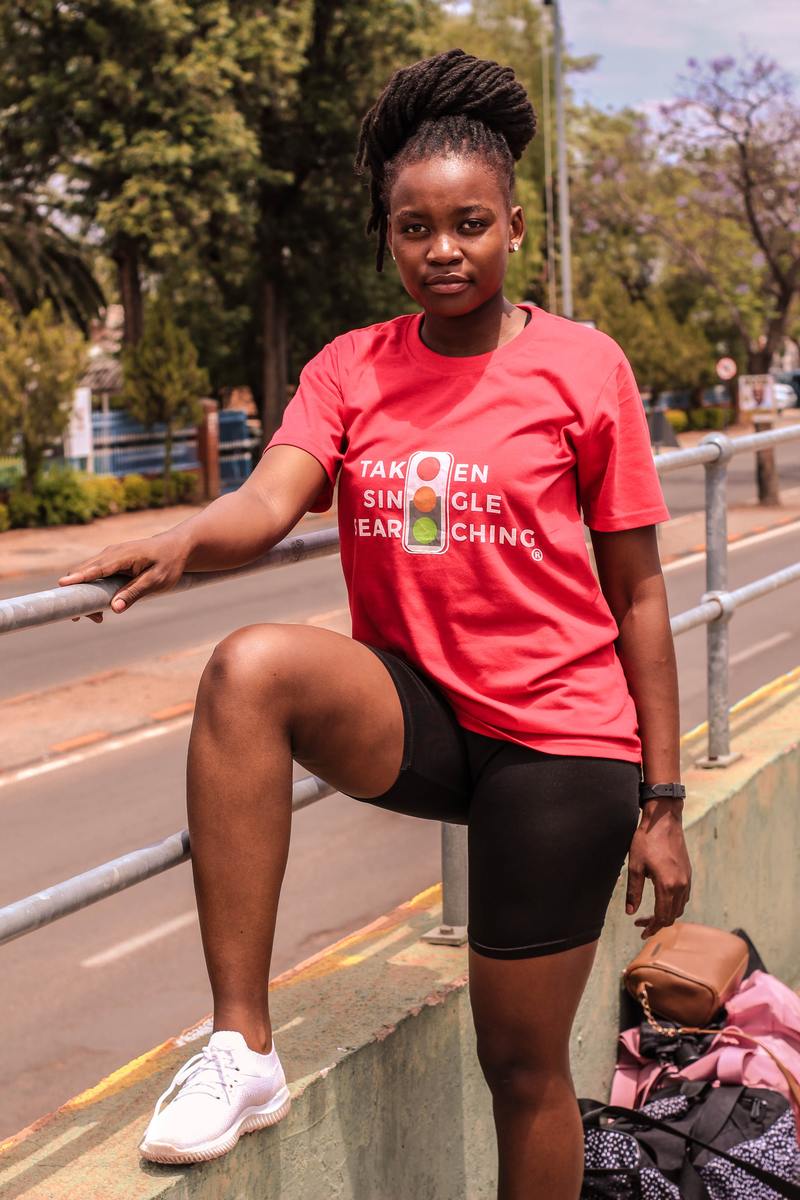
From Novice to Marathon Runner: Your Comprehensive Guide
How to master your first marathon with these 9 tips.
Are you contemplating running your first marathon but need help figuring out where to start? Then, you've come to the right place. This guide will help you to go from novice to marathon runner, helping you conquer the impressive 26.2-mile distance with resilience and grace.

1. Adopt the Running Mindset
Becoming a proficient runner is as much a mental endeavor as a physical one. A positive, committed mindset is the foundation of every successful runner. Start by setting realistic goals and constantly remind yourself that progress takes time and it's normal to have some ups and downs. Don't compare your journey to others. Remember, every runner has unique strengths and challenges.
2. Develop a Consistent Running Routine
The next step is to establish a regular running routine. Aim for 20-30 minutes of running or walking three times a week. The key is consistency. It doesn't matter how slow you go; the goal is to get your body used to the motion. Over time, gradually increase your distance and duration, being careful not to overdo it and risk injury.

3. Cross-Training
Cross-training is vital for building overall strength and preventing running-related injuries. It includes activities like swimming, cycling, strength training, and yoga. Incorporating cross-training into your regimen one to two days per week can help enhance endurance and speed, reduce fatigue, and provide a nice break from running.
4. Nutrition and Hydration
Proper nutrition and hydration are integral to your training. Ensure you eat a balanced diet rich in complex carbohydrates, lean proteins, and healthy fats. Carbohydrates are your body's primary energy source during long runs, so make sure they constitute a significant portion of your diet.
In addition, keep yourself well-hydrated, particularly during long runs, and remember that hydration should happen before, during, and after your runs. If you already have a solid understanding of nutrition and working out, why not consider helping other marathon runners with theirs? You can even sign up with some personal training courses if you want to get a qualification.

5. Rest and Recovery
One common mistake that many novice runners make is paying attention to rest. Your body needs time to recover and adapt to the new levels of stress you're putting it through. So make sure you have at least one rest day per week and listen to your body. If you feel like you're pushing too hard, taking an extra day off is okay.
6. Long Runs
Long runs are a staple of marathon training. They help build endurance and mental toughness. Start with a challenging but doable distance, and gradually increase it each week. As you get closer to the marathon, your longest run should be around 18-20 miles. However, remember that you don't need to cover the total marathon distance in training.

7. Join a Running Group or Hire a Coach
Having a support system can dramatically improve your running journey. Running groups offer camaraderie and motivation and can make your runs more enjoyable. Hiring a coach, on the other hand, can provide personalized training plans and valuable advice.
8. Prepare for Race Day
In the weeks leading up to the marathon, start tapering your training to let your body recover and gather strength. Also, plan your race day logistics — know the course, organize transportation, prepare your pre-race meal, and more.

9. Choosing the Right Footwear and Taking Care of Your Feet
Selecting appropriate footwear is crucial for a successful and injury-free running journey. Wearing the wrong type of shoes can cause various issues, including Achilles tendonitis, a common overuse injury among runners.
It's also important to remember that running shoes have a lifespan. Generally, they should be replaced every 300-500 miles, as worn-out shoes can increase your injury risk. If you're dealing with these existing conditions, seek appropriate Achilles tendonitis treatment.
This can involve rest, physiotherapy, and using supportive devices like heel pads or orthotic inserts in your shoes. Prevention is always better than cure, and wearing the proper footwear is a significant step towards keeping your feet healthy and ready for marathon training. Lastly, remember to savor the moment. Completing a marathon is a fantastic feat that will stay with you forever.
Up Next, Home Is Where The Tent Is Set Up











